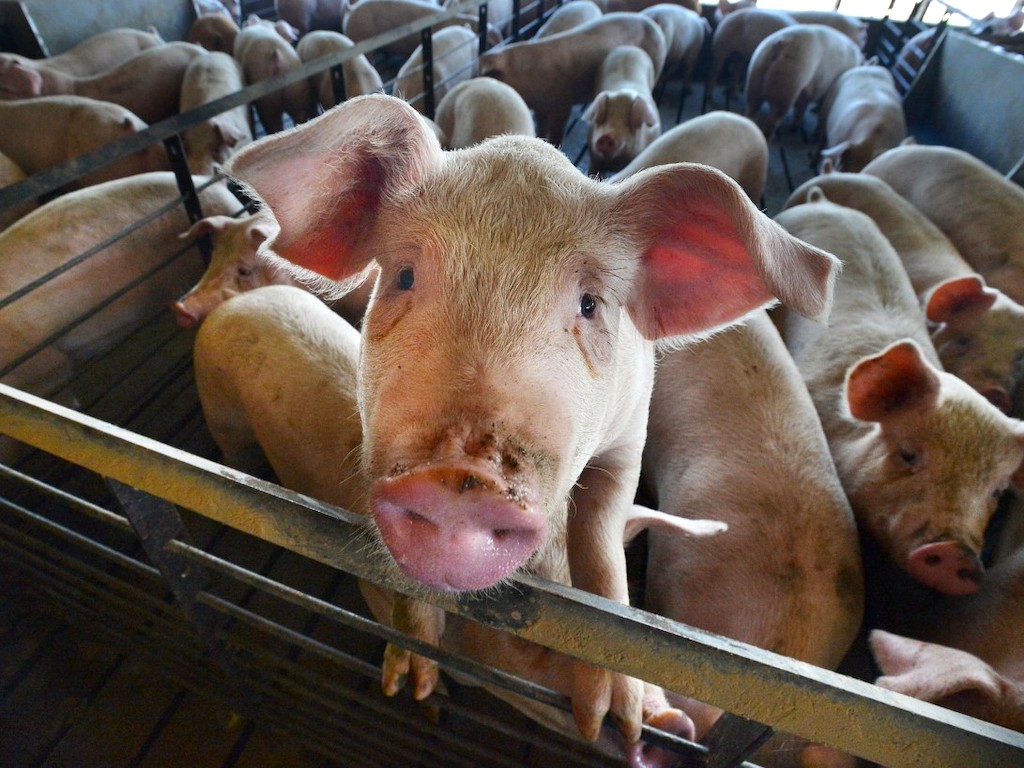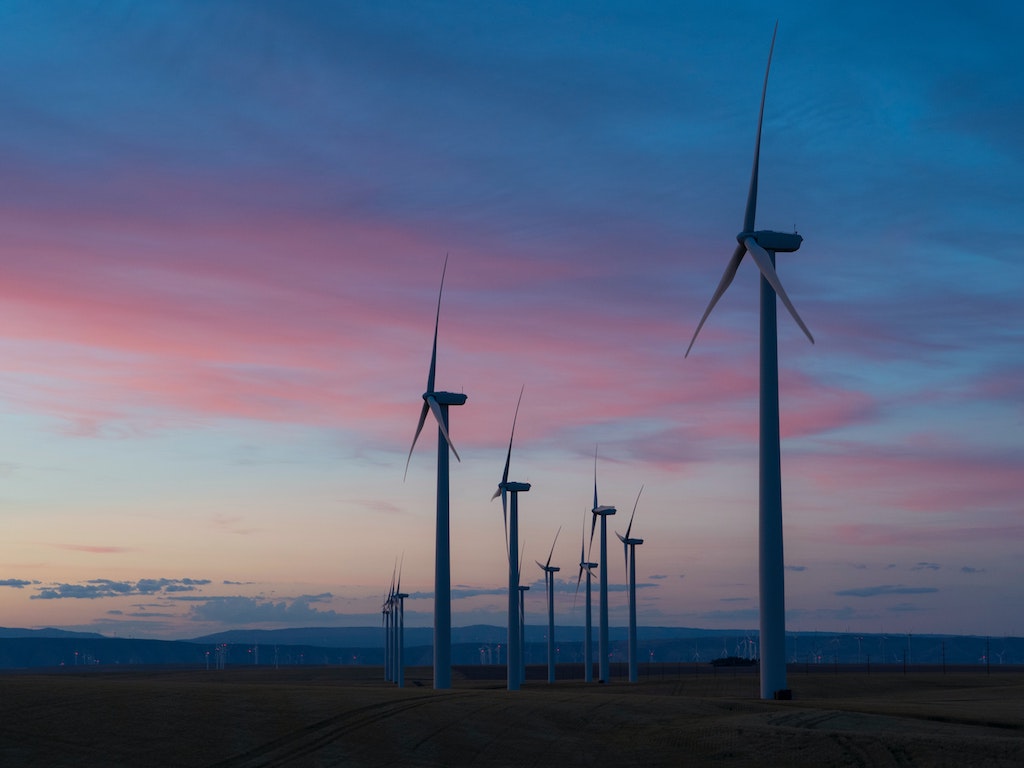4 Mins Read
For the past five years, The Lancet Countdown has tracked over 40 indicators on the connection between health and climate change. In this year’s review, experts are warning that unless urgent actions and a global concerted effort is taken to tackle the climate crisis, there will be more frequent and deadlier health emergencies to come. As we continue to battle the climate emergency and coronavirus pandemic that started with a zoonotic disease, it has never become more clear that an aligned response must now be taken, say the scientists. Bringing to the table a whole range of policies that are required to combat the “converging” health and climate crises, here are the main takeaways set out in the The Lancet Countdown 2020 report.
1. Every country will suffer from climate change
New data from the report reveals that within the last two decades, there has been a 54% increase in heat-related deaths in older people all over the world – with a record 2.9 billion additional days of heatwave exposure affecting people over the age of 65 in 2019. That’s almost twice the previous record high. This record heat and drought will also be driving sharp increases in exposure to other climate-related phenomena around the globe, from wildfires that result in heart and lung damage from smoke inhalation to fuelling displacement of communities. Since the 2000s, around 128 countries have experienced an uptick in the number of people exposed to wildfires, with the U.S. ranking among the highest. The Lancet report further finds that 565 million people will be displaced by sea-level rise by the end of the century under current projections. As the authors write in the report: “No country is immune from the health impacts of worsening climate change.”
2. Degradation of nature is driving both ecological breakdown and the spread of zoonoses
“The causes of both crises share commonalities, and their effects are converging,” wrote the Lancet researchers. “The climate emergency and Covid-19, a zoonotic disease, are both borne of human activity that has led to environmental degradation. Neither the climate emergency nor a zoonotic pandemic were unexpected.” Outlining 43 indicators in total, the new report shows that everything from heat-related mortality to migration and the available urban green spaces is linked to both human and planetary health. The very factors that help drive the emergence of zoonotic diseases – such as intensive farming, the international trade of exotic animals, destruction of wildlife habitats, unsustainable urbanisation – also come with real stresses on our health systems, climate change, global food security and air pollution.

3. We cannot treat health and climate risks separately
Because the two are so interrelated, the experts reiterate that treating these risks separately will not be possible if we are to combat both crises. “Treating these resultant health conditions effectively depends on health systems’ capacity, which is in turn dependent on the resilience of health services that are increasingly stretched in response to the two crises,” the report says. Ian Hamilton, executive director of the Lancet Countdown, added that “this year’s devastating U.S. wildfires and tropical storms in the Caribbean and Pacific, coinciding with the pandemic, have tragically illustrated that the world doesn’t have the luxury of dealing with one crisis at a time.”
4. The world must prioritise green Covid-19 rebuilding
While the climate crisis has “slipped” from the very top of the global agenda this year, the experts warn governments that it is not the time to show indifference to climate action or use the immediacies of the pandemic as an excuse for delayed climate efforts. “As governments embark on economic recovery plans in the wake of Covid-19, concerns for climate change and equity are rightly focused on a green recovery,” say the over 120 clinicians and scientists who contributed to the Lancet Countdown review. “Decisions being made now must tackle both crises together to ensure the most effective response to each.” One of the emphasised measures that all governments are urged to work towards is the rapid transition to renewable energy sources to eliminate the “stranglehold” of fossil fuels. This can translate into reducing the whopping 7 million annual deaths associated with air pollution as a direct result from fossil fuel burning each year.
5. Shifting to low-carbon diets will be part of a sustainable recovery
Given that global food production accounts for an estimated quarter of the world’s total greenhouse gas emissions while 9 million annual deaths are linked to having a poor diet, the experts say that a core part of a climate and health response will be to incentivise a drastic shift to low-carbon diets. What does a healthy low-carbon diet look like? Well, with nearly a fifth of the world’s carbon emissions stemming from livestock farming while low-meat and dairy diets being linked to a plethora of health benefits, including the lowered risk of death from all causes, the scientists point to a plant-centric diet as key to achieving a sustainable recovery that tackles both converging crises at once. Data from a number of recent papers have detailed this, including the G20 Food Footprint by EAT and a major peer-reviewed study by researchers at the University of Oxford and Minnesota.
Lead image courtesy of Unsplash.




